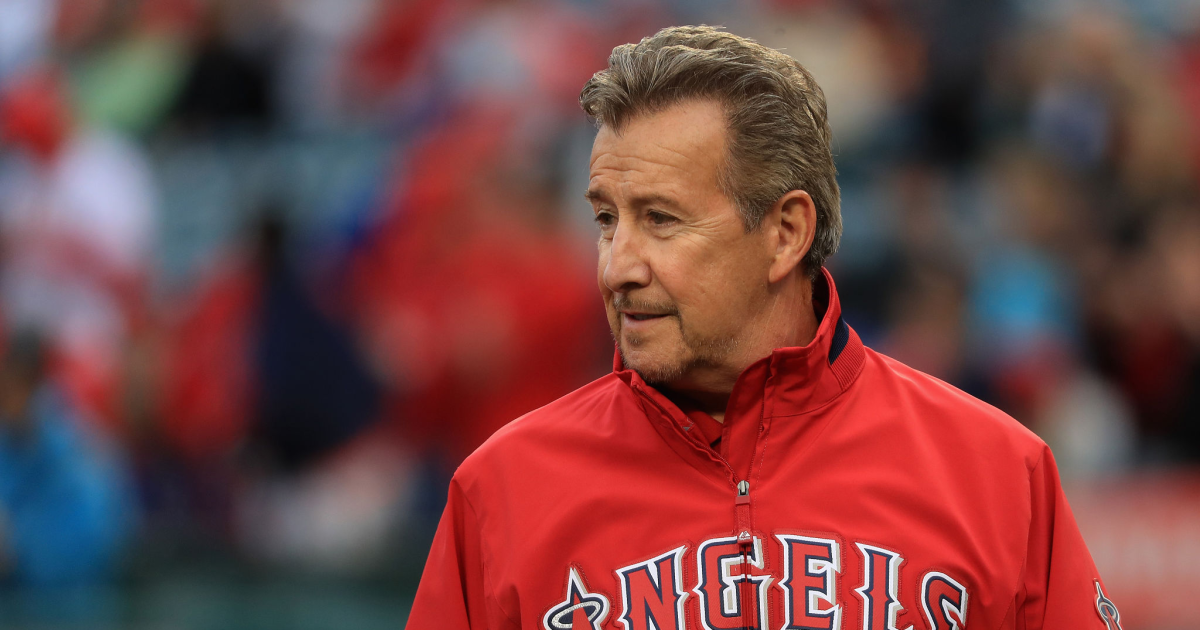As the trial about whether the Angels should be held at least partially liable for the death of Tyler Skaggs enters its third week, major league officials are closely monitoring the proceedings.
The trial is scheduled to last several more weeks, and it would be premature for the league to determine what action it might take against the Angels — if any — until all evidence is revealed in court and a verdict or a settlement is reached.
However, it is considered highly unlikely that the league would compel Angels owner Arte Moreno to sell the team.
Consideration of any action probably would be deferred until the league could conduct its own investigation and until a jury verdict, if there is one, is fully reviewed by an appeals court.
The Skaggs family is seeking $785 million in damages, as first reported by the Athletic, based on the allegation the Angels knew or should have known that former staffer Eric Kay was using illegal drugs, including the pills he provided to Skaggs on the night the pitcher died in 2019. The Angels deny the allegations.
The jury would not have to decide whether to award all of that money or none of it. The jury first would have to determine who was liable: the Angels, Kay, Skaggs and any other parties. Then the jury would decide what percentage of liability each of those parties should assume and what the financial compensation should be.
As an example, a jury could decide the damages should be $210 million — the amount the family listed as a minimum in a court filing — and the Angels should be held one-third responsible. Under that example, they would be assessed $70 million.
In 1943, Philadelphia Phillies owner William Cox was banned for life for betting on baseball.
If history is any indication, if the league believes an owner merits discipline, an owner would be more likely to be suspended than banned. In 1993, Cincinnati Reds owner Marge Schott was suspended one year for racist and insensitive comments.
New York Yankees owner George Steinbrenner was suspended three times: two years for illegal contributions to President Nixon’s 1972 campaign; one week after publicly criticizing umpires; and two years and five months for paying a gambler to dig up disparaging information on All-Star outfielder Dave Winfield. That last suspension originally was announced as a lifetime ban; Steinbrenner was later reinstated.
Kay, who provided Skaggs with counterfeit oxycodone pills that were laced with fentanyl, is serving a 22-year sentence in federal prison. Skaggs died in his hotel room in Texas of asphyxiation, according to an autopsy, choking on his own vomit while under the influence of oxycodone, fentanyl and alcohol.
